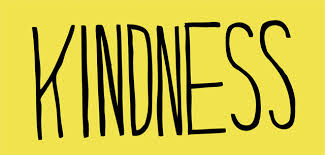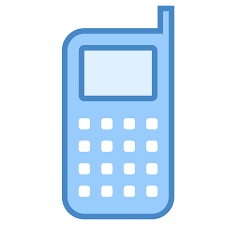PetALS and Thorns: A Book Review

PetALS and Thorns (Tfutza Publications, 2019) is a collection of essays written by Esther Klein, a woman in Israel who suffers from ALS (Lou Gehrig’s Disease). The book is fascinating because it gives the reader insight into the thoughts of a woman who cannot talk or move but whose mind is working perfectly. She was able to type these articles with great effort using the one finger that was still working. In the preface of the book, her children write that she is no longer able to use that one finger so they had to write the preface for her.
Esther speaks about her hashkafos in life and her great love for her family. She is able to express her feelings in an honest and refreshing way. Somehow when the words come from the heart of a woman who is suffering so much, they are meaningful and believable.











